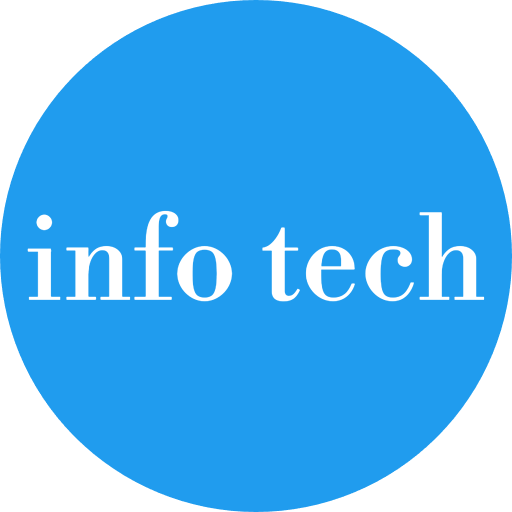Introduction:
In the ever-evolving realm of technology, quantum computing stands as a beacon of innovation and limitless potential. Google, one of the world's leading technology giants, has been at the forefront of this revolution with its ambitious venture into quantum computing. The first Google quantum computer has sparked immense excitement, curiosity, and speculation in both the scientific and tech communities. In this article, we will delve into the remarkable world of quantum computing, Google's pioneering efforts, and the implications of the first Google quantum computer.
Undersanding Quantum Computing
Before we dive into Google's quantum endeavors, let's first grasp the fundamentals of quantum computing. Traditional classical computers rely on bits, which can be either 0 or 1. Quantum computers, on the other hand, employ qubits, which can exist in multiple states simultaneously due to the principles of quantum mechanics, such as superposition and entanglement.
Superposition allows qubits to be in a state of 0, 1, or any combination of the two at the same time, exponentially increasing their computational power. Entanglement enables qubits to be connected in such a way that the state of one qubit instantly affects the state of another, regardless of the distance between them. These two phenomena, unique to quantum computing, make it possible to solve complex problems that are practically impossible for classical computers.
Google's Quantum Journey
Google's journey into quantum computing began with the formation of its Quantum AI lab in 2014. This lab was established to explore the potential of quantum computing and develop practical applications. One of the most significant milestones on this journey was the unveiling of Bristlecone, Google's 72-qubit quantum processor, in 2018. This announcement marked a significant step towards the development of a fully functional quantum computer.
Quantum Supremacy
In 2019, Google claimed to have achieved a breakthrough known as "quantum supremacy" with its quantum processor, Sycamore. This term refers to the point at which a quantum computer can perform a task that is practically impossible for classical computers to accomplish within a reasonable time frame. Google reported that Sycamore completed a specific computation in 200 seconds that would take the most advanced classical supercomputer over 10,000 years to finish.
The First Google Quantum Computer
While Sycamore was a groundbreaking achievement, Google's quantum journey didn't stop there. The first Google quantum computer, often referred to as "Google Quantum Processor," represents the culmination of years of research and development. While Google has not disclosed the exact number of qubits in this quantum processor, it is believed to be a highly advanced system with significant computational power.
Applications and Implications
The development of the first Google quantum computer holds immense promise for various fields:
Cryptography: Quantum computers could potentially break existing encryption methods, spurring the need for quantum-resistant cryptography.
Materials Science: Quantum computers can simulate and predict the behavior of molecules and materials, revolutionizing drug discovery, material design, and more.
Optimization: Quantum computing can find optimal solutions to complex problems in logistics, finance, and supply chain management, significantly improving efficiency.
Artificial Intelligence: Quantum computing can enhance machine learning algorithms and accelerate the training of deep neural networks.
Challenges Ahead
While Google's achievements in quantum computing are remarkable, several challenges remain. Quantum computers are highly sensitive to environmental factors and require precise control and cooling mechanisms. Error correction and noise reduction are ongoing challenges in scaling up quantum processors. Additionally, the true potential of quantum computing can only be realized when robust quantum algorithms are developed for various applications.
Conclusion
Google's pursuit of quantum computing represents a monumental leap in the realm of technology. The first Google quantum computer, along with earlier milestones like quantum supremacy, have pushed the boundaries of what is possible in computation. As quantum technology continues to evolve, it holds the promise of revolutionizing industries and solving problems previously deemed unsolvable. The journey towards a fully functional quantum computer is ongoing, and Google remains at the forefront of this exciting frontier, inspiring innovation and unlocking new possibilities for the future.




0 Comments